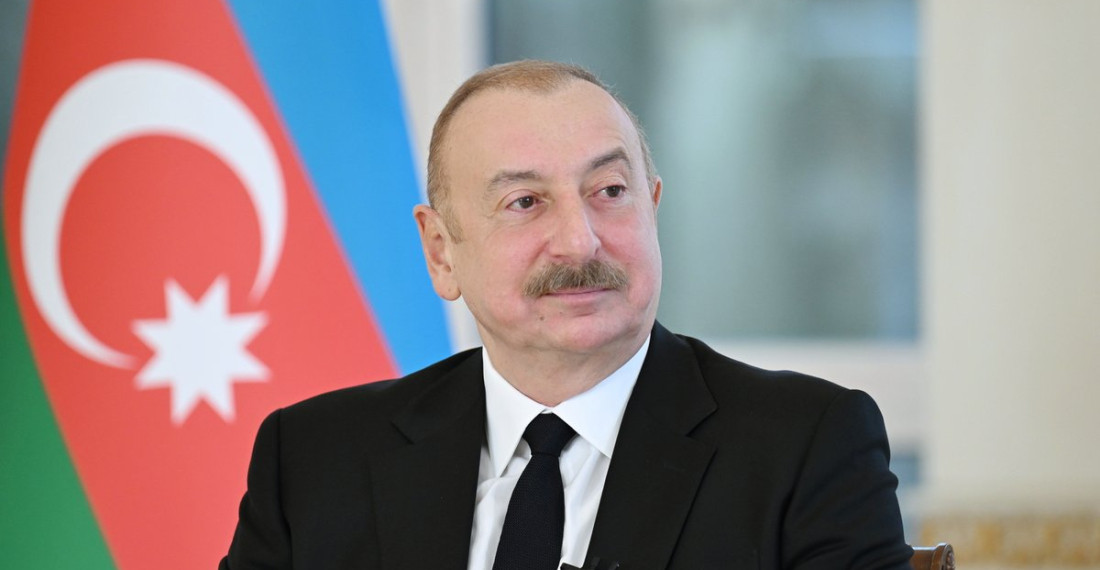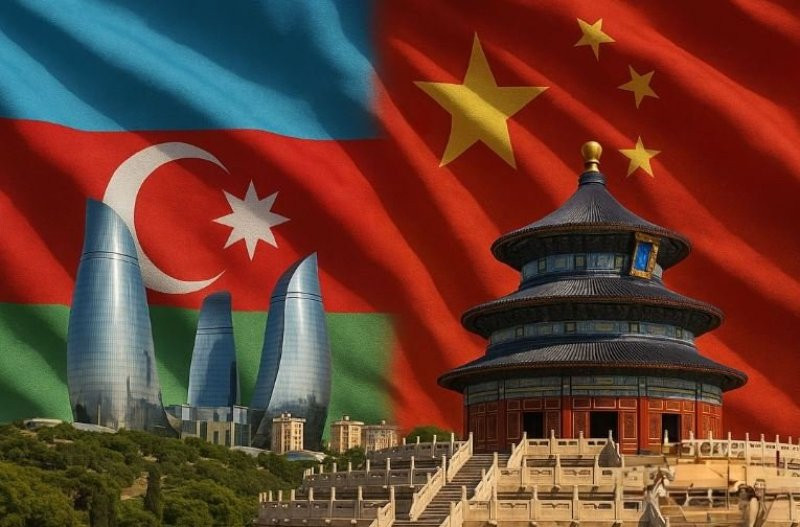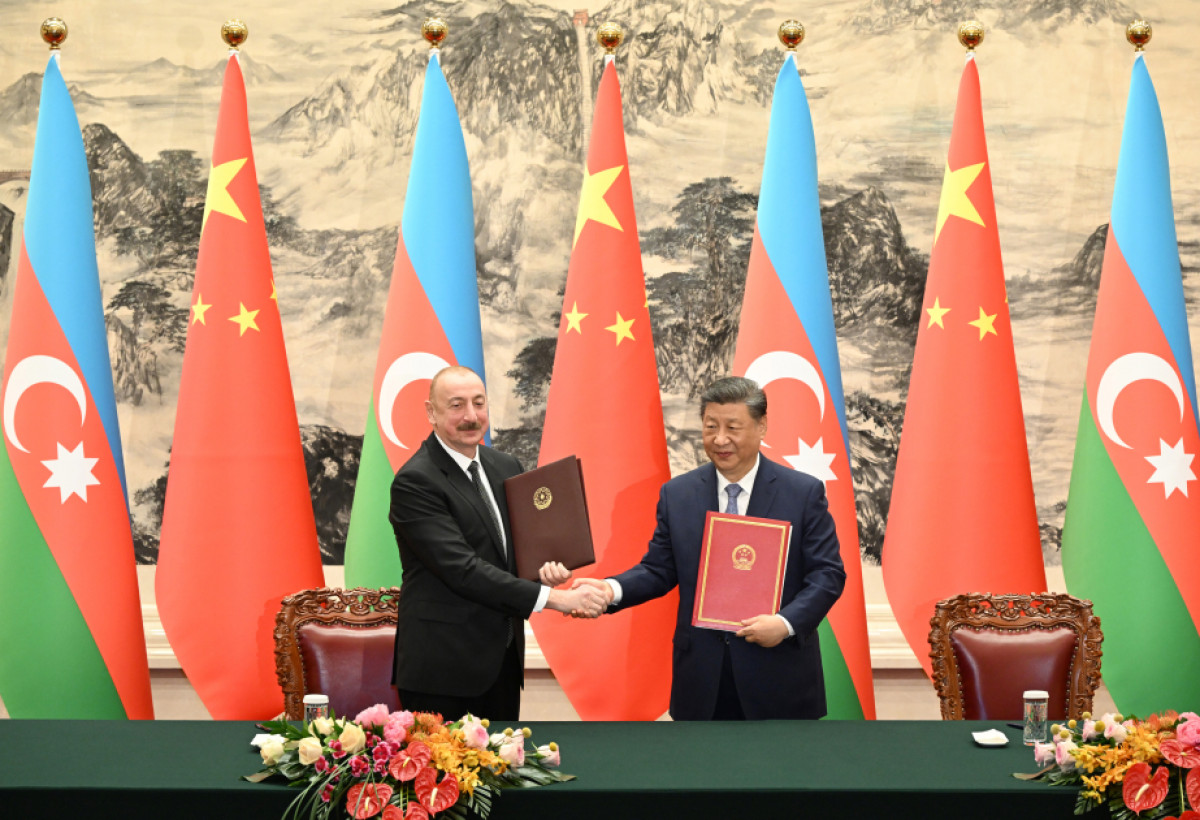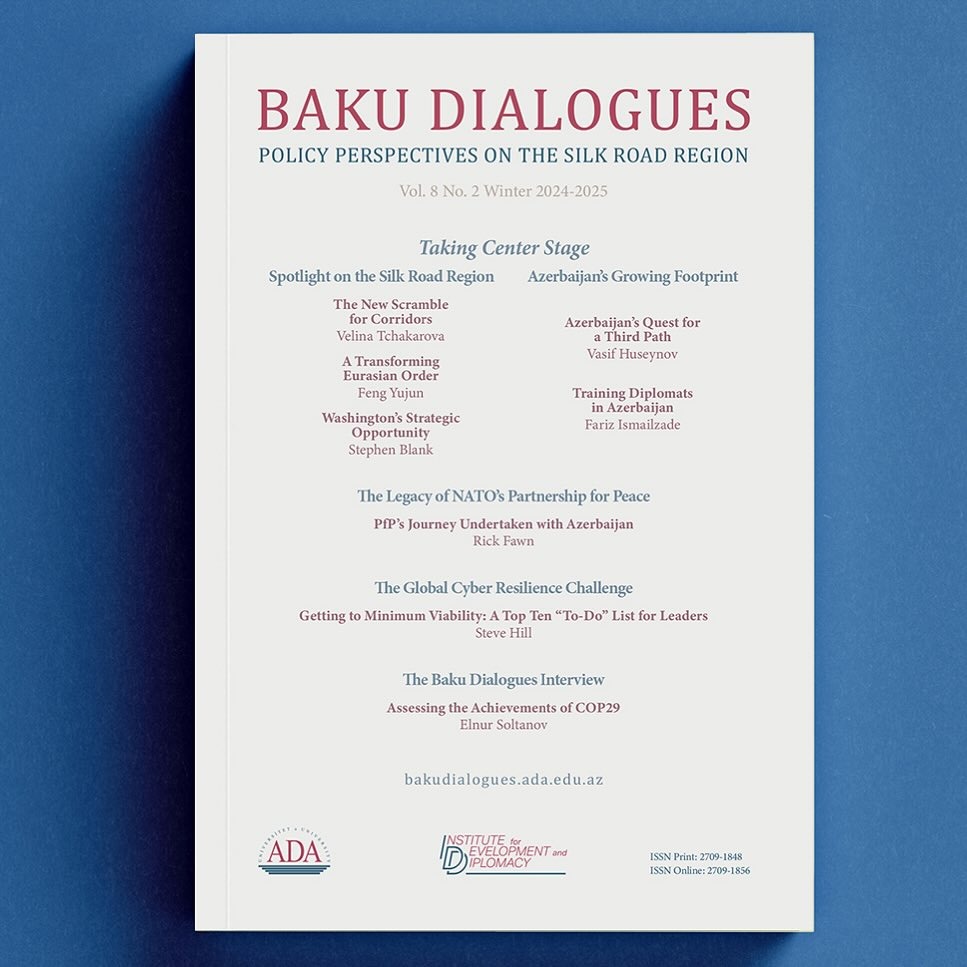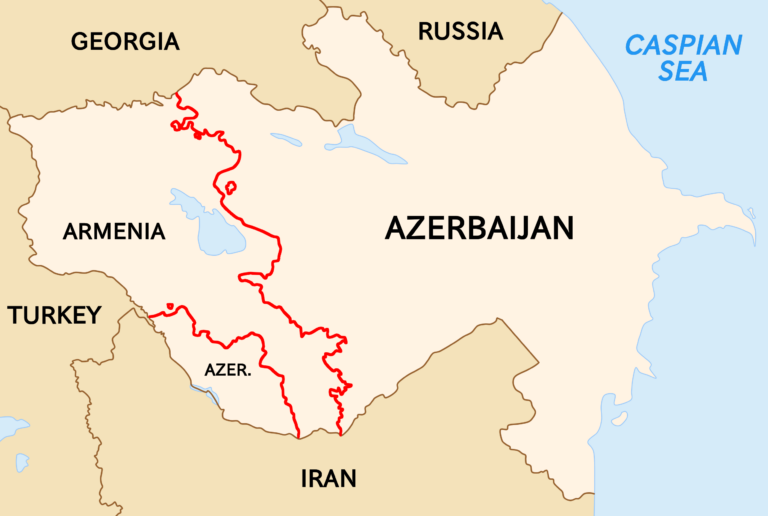On April 9, at an international conference in Baku, Azerbaijan’s President Ilham Aliyev delivered a statement on the ongoing peace talks between Russia and Ukraine, mediated by the United States. Reaffirming Azerbaijan’s steadfast commitment to Ukraine’s territorial integrity, Aliyev sharply criticized proposals that urge Ukraine to cede parts of its territory in exchange for a ceasefire. “No country, at least in my understanding, will agree to compromise on territorial integrity, and to expect Ukraine to agree that they will sacrifice their internationally recognized territory in exchange for peace is not fair and not realistic,” he declared.
President Aliyev’s remarks underscored a deep skepticism about the prospects for peace in the near term. “Russia has declared occupied territories as part of Russia. How can they step back from that? Ukraine considers, as the whole world does, these occupied territories as part of Ukraine, and Azerbaijan considers them as part of Ukraine. How can they sacrifice and say, ‘No, it’s not part of Ukraine’?” he questioned. He added with a note of incredulity, “Well, if it happens, then it means that I do not understand anything about international politics.” His comments reflect not only Azerbaijan’s principled stance but also a broader concern about the erosion of territorial integrity as a cornerstone of international law.
Azerbaijan’s support for Ukraine has been consistent since Russia’s invasion began in February 2022. Over the past three years, Baku has provided multiple tranches of humanitarian and reconstruction aid to Ukraine, totaling over $40 million. This assistance includes nearly 134 transformers and transformer substations, approximately 70 generators, and more than 3.4 million meters of cables and wires, with deliveries continuing into 2025. These contributions have contributed to the efforts to bolster Ukraine’s energy infrastructure, which has been heavily targeted by Russian airstrikes. Azerbaijan’s aid reflects both solidarity with Ukraine and a recognition of the parallels between Ukraine’s struggle and Azerbaijan’s own history of territorial conflict with Armenia over the formerly occupied Karabakh region over which Azerbaijan’s sovereignty was restored in 2023.
While President Aliyev’s remarks coincided with a recent deterioration in Azerbaijan-Russia relations following the airplane crash crisis in December 2024, his broader concern was the growing global trend of undermining territorial integrity as a fundamental principle of international relations. By calling out proposals that pressure Ukraine to relinquish occupied territories, such as Crimea or parts of Donbas, Aliyev implicitly critiqued not only Russia but also mediators or actors who might entertain such concessions for the sake of expediency.
The timing of Aliyev’s statement is particularly significant given recent reports about the Trump administration’s approach to the Russia-Ukraine conflict. On April 18, 2025, Bloomberg reported that U.S. officials were considering recognizing Russian control over Crimea as part of a potential peace deal. This proposal, though unconfirmed by the White House, sparked debate in Washington and beyond. Aliyev’s remarks, made just days earlier, can be seen as a rejection of such ideas, aligning Azerbaijan with those who view territorial concessions as a dangerous precedent.
For Azerbaijan, a country that has carried out three decades of struggle to restore its territorial integrity, any compromise on this principle risks legitimizing aggression and annexation on a global scale. This concern is especially acute in the post-Soviet space, where calls for revanchism, including by Armenian actors advocating for re-militarization to retake “lost territories,” remain disturbingly common. Proposals to revive the Soviet Union or redraw borders based on ethnic or historical claims only add to the volatility of the region.
Beyond the Russia-Ukraine conflict, Aliyev’s remarks resonate with broader debates about the future of international law. The principle of territorial integrity, enshrined in the UN Charter, has been repeatedly challenged in recent decades, from the Balkans to the South Caucasus to Ukraine. For smaller nations like Azerbaijan, upholding this principle is not just a matter of legalism but a matter of survival. Azerbaijan’s own experience has reinforced its belief that territorial integrity must be defended uncompromisingly. Aliyev’s critique of “unfair” and “unrealistic” expectations for Ukraine reflects this conviction, positioning Azerbaijan as a vocal advocate for sovereignty in a turbulent world.
The attacks by great powers against this principle have recently been observed not only in Ukraine, but also in the Armenia-Azerbaijan conflict. For instance, France, a country that portrays itself as a defender of Ukraine’s territorial integrity, has extensively supported Armenia’s occupation of Azerbaijani territories. It is quite shocking that both chambers of the French parliament nearly unanimously recognized Armenia’s puppet regime in Karabakh as an “independent state” in 2020, while even Armenia itself never did so.
This hypocrisy highlights a troubling trend: great powers often apply territorial integrity selectively, prioritizing strategic interests over universal principles. This double standard threatens smaller states, which rely on international law for protection against more powerful neighbors. Clearly, the world is not heading towards a better future, if great powers hold a selective approach to the principle of territorial integrity of smaller states.
In conclusion, President Aliyev’s April 9 statement about the Russia-Ukraine war is a call for upholding territorial integrity as a non-negotiable principle. By rejecting calls for Ukraine to cede land for peace, he not only reaffirmed Azerbaijan’s solidarity with Ukraine but also highlighted the broader stakes of the Russia-Ukraine conflict for the international security. This is a reminder that compromising on sovereignty and territorial integrity of smaller states for normalization between great powers sets a perilous precedent. The international community must make it clear that the violation of territorial integrity against the will of the host states is inadmissible at any cost.

